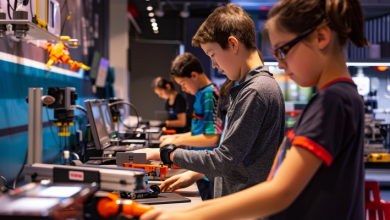Sowing seeds on stage
Chatting to Michael Keaton outside a café on Santa Monica Boulevard, meeting Gary Oldman on set, being snapped up by Hollywood agent…
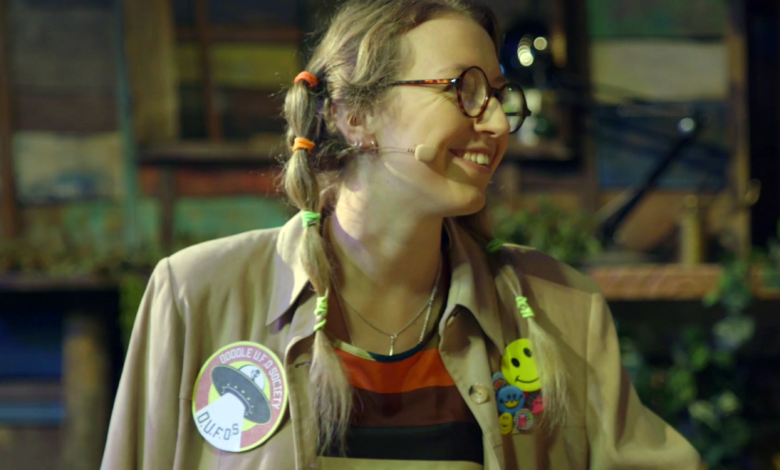
If you’d have told a young Julie Collis this is what life would look like for her in her mid-60s, she’d likely have laughed out loud. But the former Westlake Girls’ teacher found herself in all these crazy-good scenarios for real. And her acting career, as many others, started with a flame that was lit in her school production.
Kiwi theatregoers may recognise Julie; she’s trod the boards in New Zealand productions for years and is a familiar face beyond theatre, due to commercials and television appearances, including the local acting staple, Shortland Street.
Not hailing from an acting family, she developed a love of the art at primary school in Banbury, England, where she grew up. “I was always in the school productions. My first show was Cinderella at primary school, I must’ve only been about six years old. I remember I ripped up my best party dress to look like Cinders! My mum wasn’t happy!”
The former teacher has also engaged in many in-school productions, workshops and theatre trainings and recognises the value of theatre in schools as an incursion experience. She has been part of touring production companies that work with schools not only to perform but to include schoolchildren in immersive incursion experiences.
On a broader, global stage, Sir Andrew Lloyd Webber’s stratospheric success started small, when as a young boy he would put on family ‘productions’ with his Aunt Viola in his toy theatre (which he built at his Aunt Viola’s suggestion). His aunt Viola was an actress who took him to see many of her shows and through the stage door into the world of the theatre. The power of exposure to a passion in childhood is limitless.
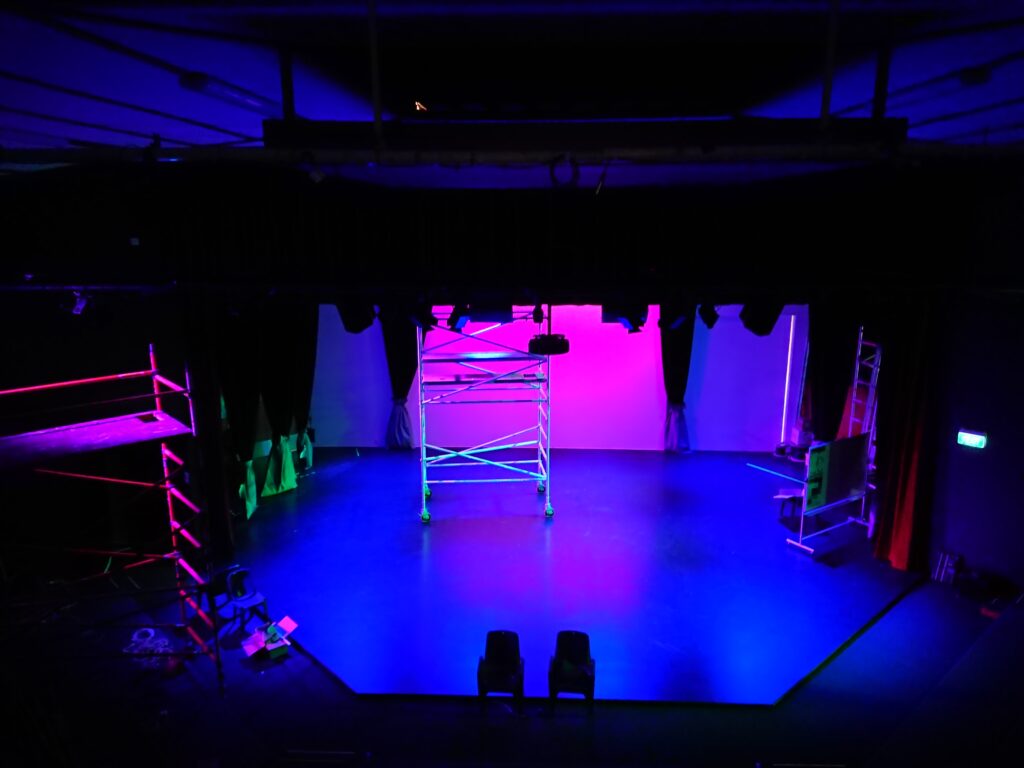
Creating a platform for dramatic, comedic, or musical theatre is to open a treasure box of potential for all involved, not only for those keen for the limelight. The technical, audio, lighting, wardrobe, makeup, set design, props and musician requirements of a production allow for a range of students and staff to pull together to create an unforgettable experience.
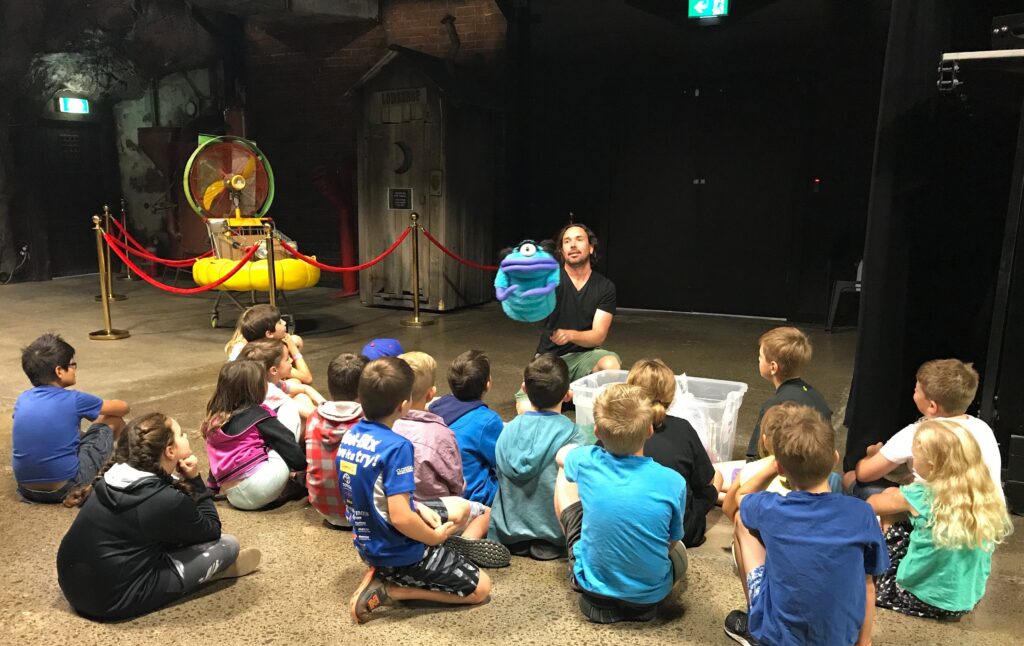
There is rarely a stage production that does not run into challenges and the collective overcoming of adversity and ‘show must go on’ spirit imbues lessons and memories that transcend show week.
Industry Viewpoints: How can schools stage stand out theatre productions?
The top tip from audio and video solution specialists, Tim Robertson and Andrew Sorrill from JPRO is to make sure that “all the technical queues are executed on time (especially the audio) and that everyone is heard through the sound system”.
They clarified: “Making use of good microphone technique and microphone placement really goes a long way towards making a production seem more professional.”
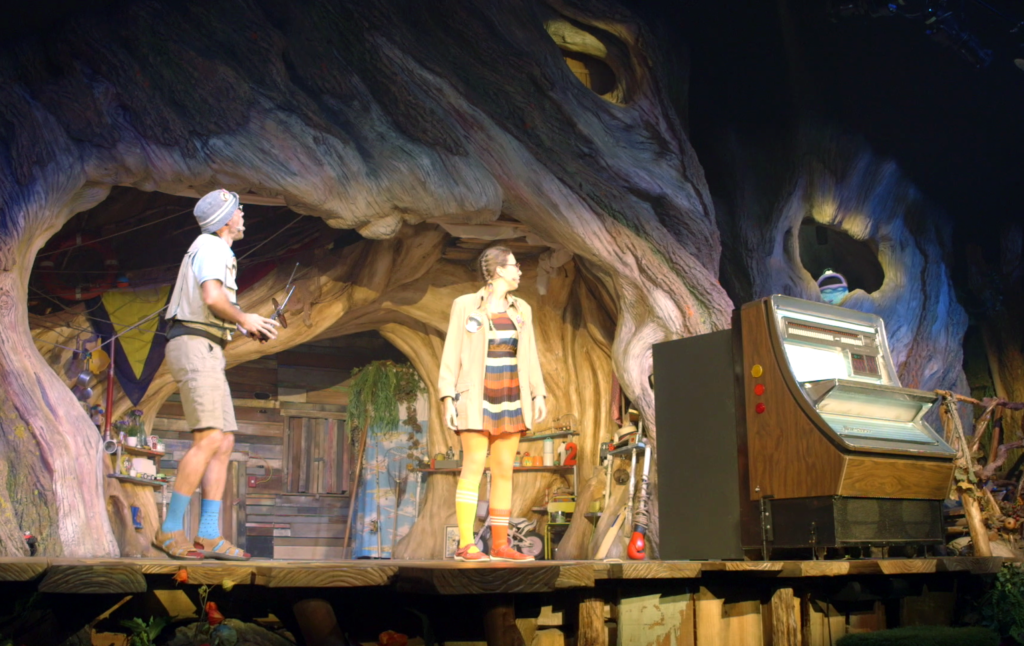
In terms of resources: “A technical budget, factoring in technical rehearsals, is key so that the operators and actors are familiar with the equipment, microphones and scripts. This should be a consideration in the early planning stages of the production. Ensure that the AV system used is suitable for the production. If there is an in-house system, check that it is set up properly to accommodate the acoustics and microphones in the venue.
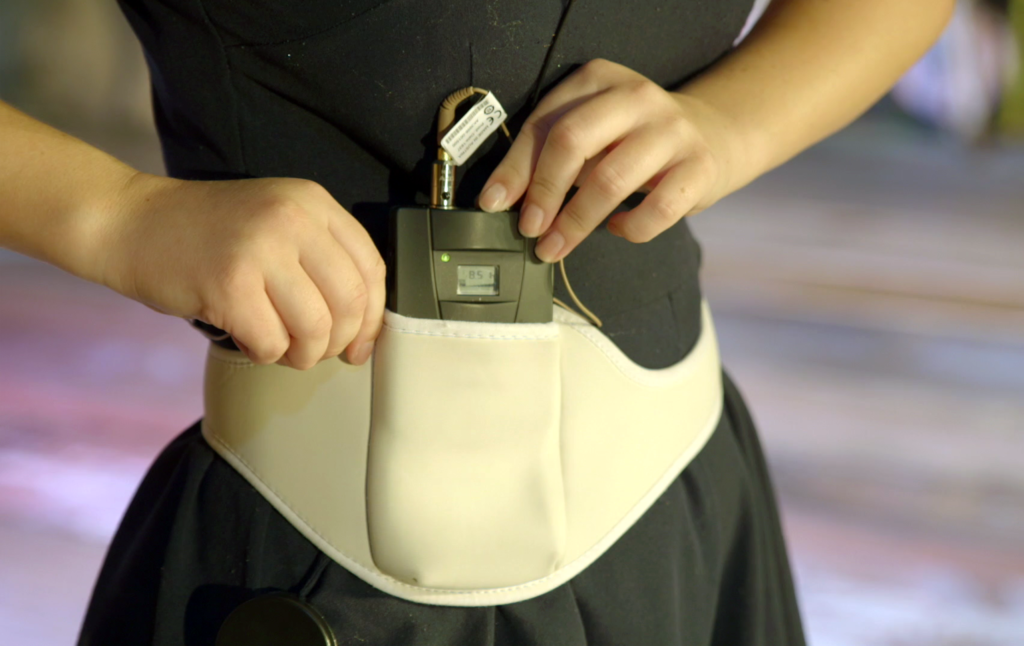
“If many wireless microphones are used, make sure that there are no frequency clashes that cause unwanted interference and audio drop out. If external contractors are used, include the school technical team (as stagehands or runners, etc.) This can be a fantastic learning experience for them and most of the time the school teams thoroughly enjoy helping.”
On planning a pandemic-era production: “Use separate vocal microphones as far as possible. Carefully remove and clean the microphone grilles and foam windscreens (pop filters) monthly with boiling water and a sanitiser. A competent technical person should do this, or they can show someone how to remove the grilles. The pop filters can be washed more often if necessary.”
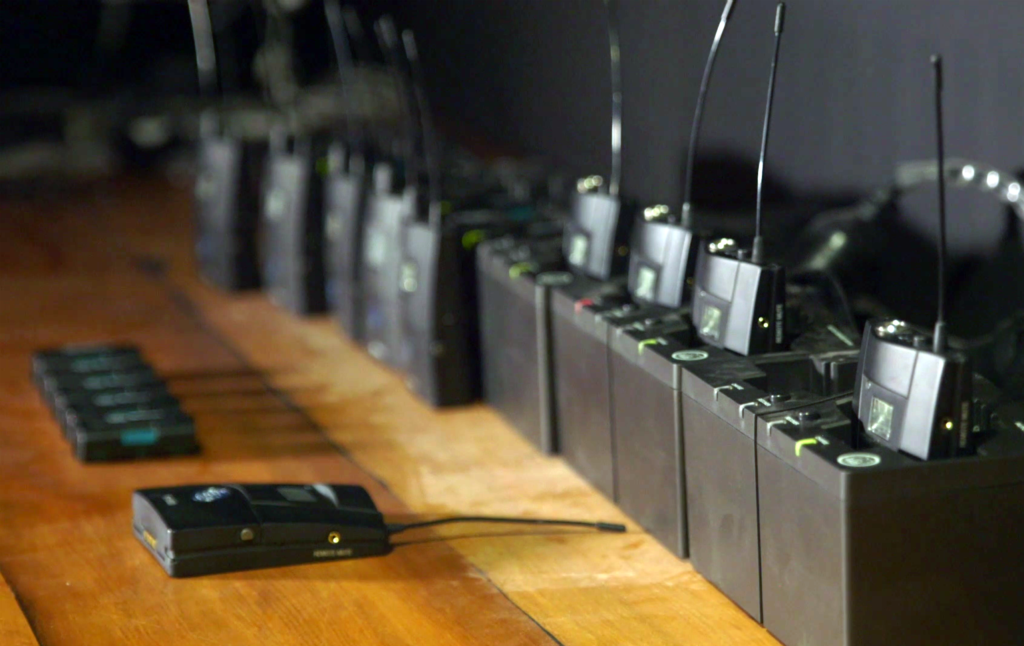
For incursion AV: “Running technical rehearsals and educating actors on the correct use of microphones is always well received and ensures a far smoother production. We have involved school tech teams in productions and the youngsters really enjoy helping. This is an excellent practical learning experience for them that they can apply after the production.”
For stage lighting specialist and Theatrelight representative, Phillip Dexter, professional quality lighting and sound makes all the difference for school stage productions.
“As many school shows become more ambitious, the time taken to organise the technical aspect of a show (lights and sound) can’t be underestimated. Work out ahead of time the sort of lighting you want, write out a list of the lighting changes (cues) and number them adding these cue numbers to the corresponding places in your script.
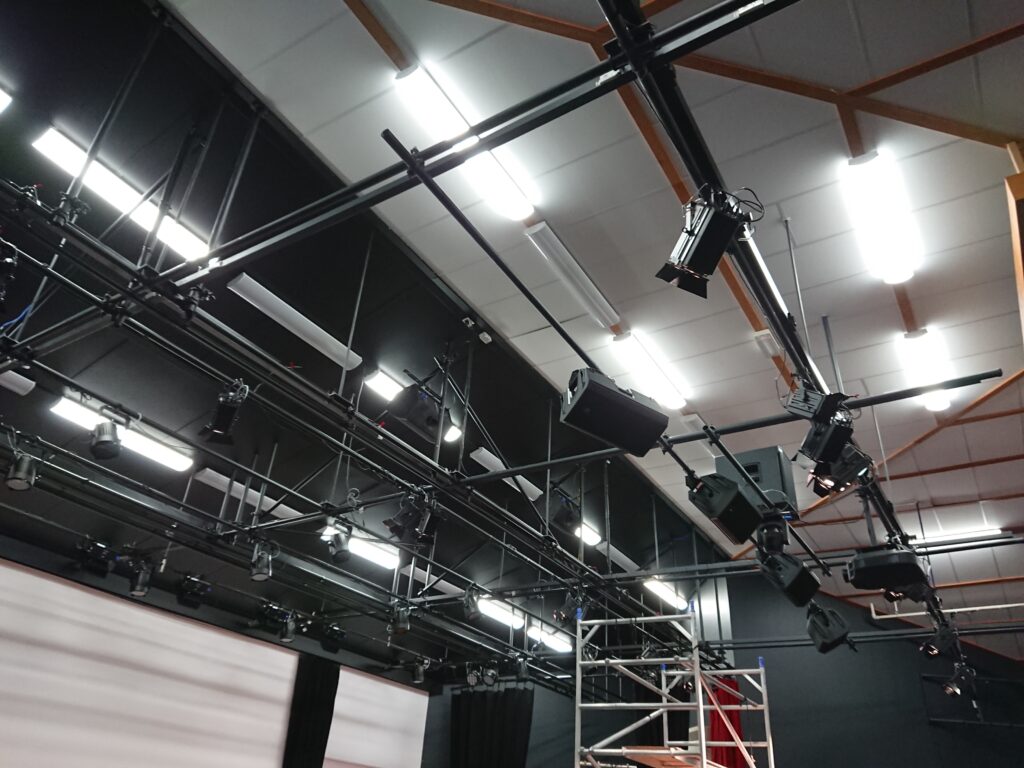
“This means as things get busier you don’t have to worry about what should be happening lighting-wise as you can look at your cue sheet and script to visualise what it will look like. This also becomes the basis for the lighting team to make their plan and rig their lights so forward the list to them ahead of a meeting to work through it so that everyone is on the same page. There is no point in rigging lights when you don’t know what you want to do with them. This will save time and money as only lights rigged will be lights needed.
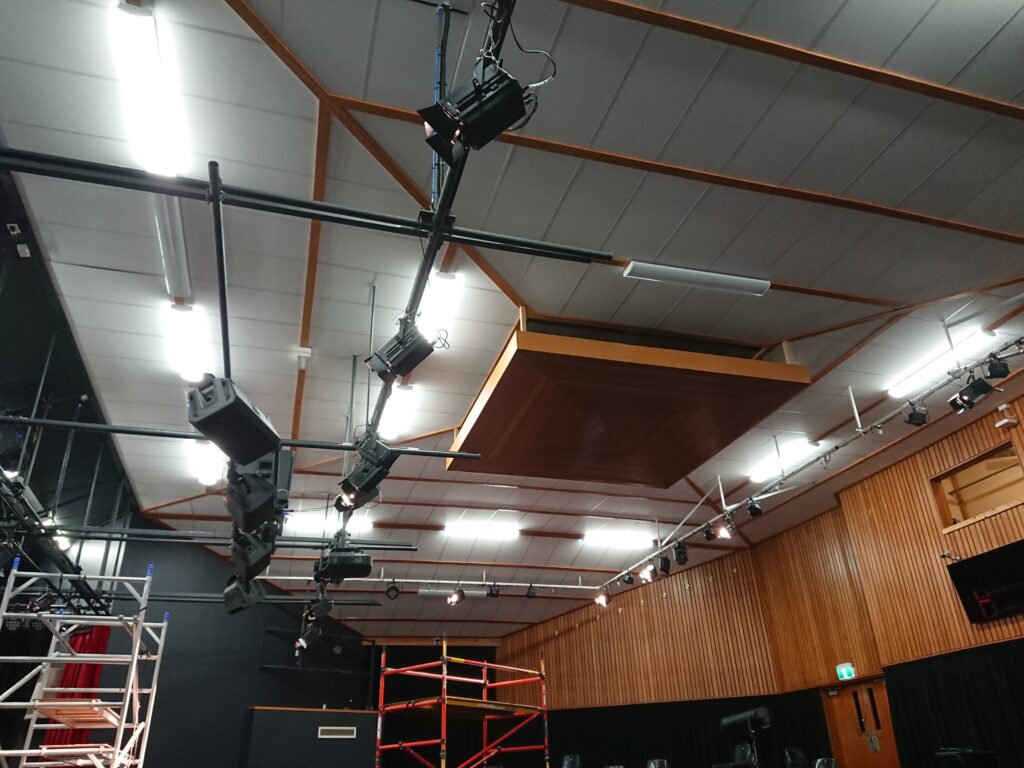
For stage lighting resources: “The advent of LED stage lights (luminairs) has meant that lighting can do more, use less power, and require less maintenance. School environments are some of the toughest places stage lights are found. Cheapest isn’t always best: look for ease of operation, light output, and serviceability.
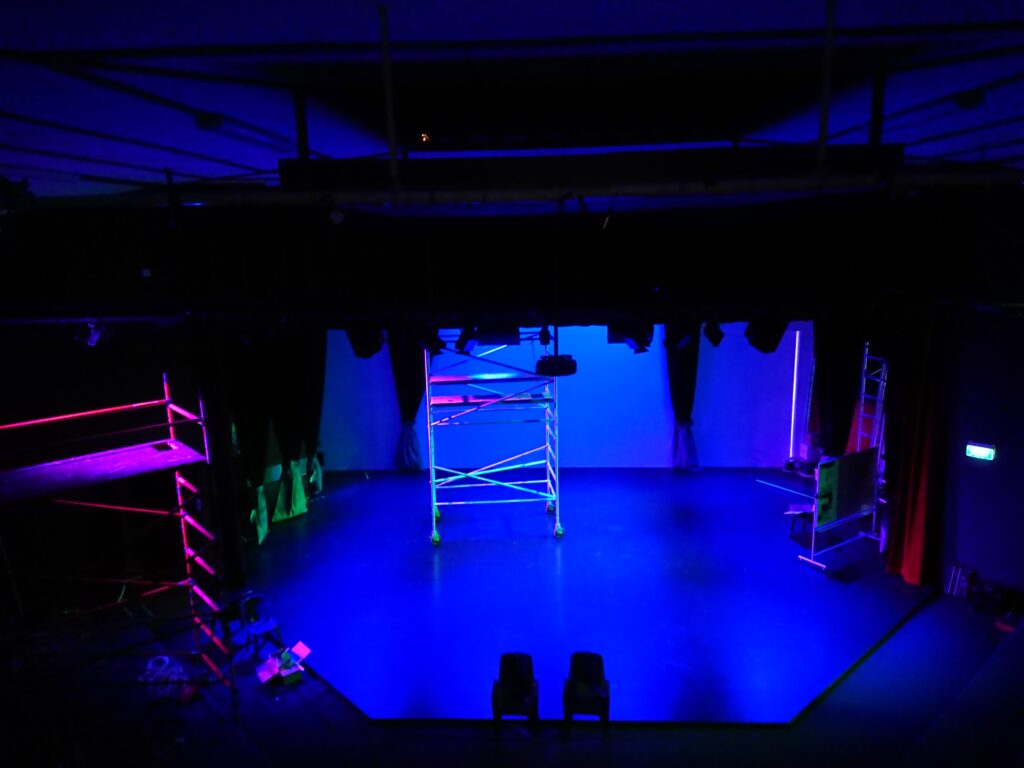
“Choose lights with fewer moving parts and purchase from a reputable agent who can advise on warranty and service the equipment. Many LED lights have an expected LED life of up to 40,000 hours; for a school that could work out to 10 years or more so pick a supplier who is likely to be around that long. Choose lights that are repairable not disposable.”




